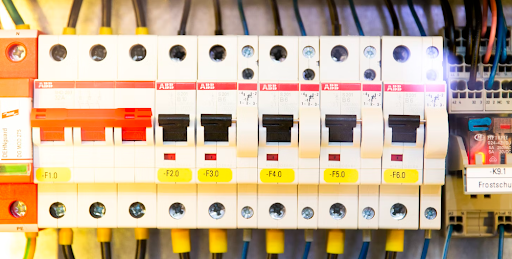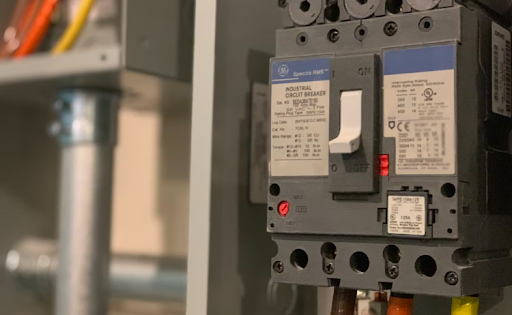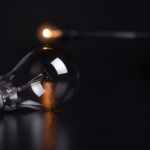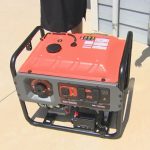A breaker is inserted in a circuit to protect it against overload and short circuits. When a circuit is overloaded or shorted out, the current in the circuit is switched off automatically by a breaker. To cut off the flow of electricity in a circuit, a circuit breaker is installed. This device is used to protect the circuit from overload to prevent damage from the excessive current. The circuit breaker is connected between the power source and the load. Any time a breaker trips, the current can no longer reach the load.
Two Types of Electrical Circuit Breakers
A circuit breaker is a device used to protect an electrical circuit from being overloaded. A standard electrical circuit breaker and a ground fault breaker are the two primary forms of electrical circuit breakers. The most widespread example of such a tool is the common circuit breaker. They protect homes from electrical fires and other dangers caused by overloading and short-circuiting. By installing ground fault circuit breakers, electrical shocks can be prevented. To prevent electrical shock, these gadgets have a ground fault-detecting feature that shuts off the power immediately if a problem is detected.
Why is it Necessary to Have A Breaker When it Comes to A Power Circuit?
To safeguard electrical systems from overcurrent and short circuits, circuit breakers are installed. In the event of an overload, a circuit breaker will trip and remove power to the inoperable devices to prevent the wires from overheating and catching fire. To protect cables from being destroyed by excessive current, a circuit breaker will also trip and halt power flow in the event of a short circuit. A circuit breaker is a device used to prevent damage to an electrical circuit in the event of an overload. In the event of an overload, the circuit breaker will trip and cut off power to the circuit.
What Could Cause A Circuit Breaker to Trip?

A tripped circuit breaker could have been triggered by a number of different factors. An electrical ground fault, overload, or short circuit could be to blame. You should probably call an electrician to take a look if the breaker keeps tripping; it could be an indication of a larger problem. A breaker will trip if a circuit becomes too full, cutting off electricity to the entire circuit. In the event that the circuit overheats, this will help prevent a fire. Some of the many potential reasons for a tripped circuit breaker include the following:
- The neutral and the live wires should never touch each other, as this causes a short circuit. This can happen if a wire is frayed or touches something metallic.
- Overloading occurs when a circuit is subjected to excessive current. This can happen when there are too many appliances plugged into the outlet or when a single appliance draws too much electricity. (https://www.techandtrends.com/)
- An electrical ground fault occurs when a live wire comes into contact with a grounded metal object. Wires can experience this hazard if their insulation is compromised or if they come into contact with a metallic surface.











